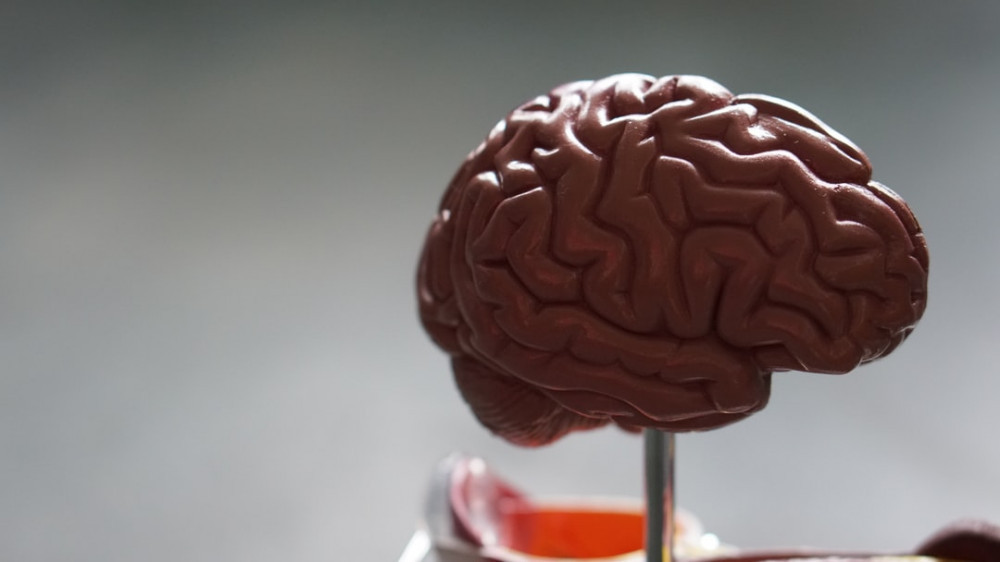How Depression Affects The Brain?
When we think about depression, it usually surrounds the subject of being sad or tired. Some people may even think that depression is a hoax, but what they don’t know is how depression affects the brain and not just a person’s mindset or perception, but rather the actual brain as a whole.
How Depression Affects The Brain?
Depression has been said to have serious effects when it comes to how an individual feels, thinks, and even how they act. Some experts in the field have categorized that this may occur due to stress, genetics, and even brain inflammation. It has also been said that constant depressive episodes can alter your brain’s functionality over time, and this may lead to an increase in damage.
According to a global study, the hippocampus, a brain region that is categorized for memory formation, shrinks in individuals with recurrent and inadequately treated depression. Some of the findings that were discovered in this study show that it is extremely important to treat depression as soon as possible so that the potential physical and brain damages aren’t as harmful as if a person wasn’t been treated for said condition.
What Other Areas Of The Brain Are Affected?
The prefrontal cortex is a part of the brain that is located in the frontal lobe. The goal for this cortex is to set and achieve an individual’s goals. The prefrontal cortex focuses on receiving instructions from multiple layers of the brain so that, on its own, it can process information and act on what it is said to do. This part of the brain is really important because it helps us comprehend the consequences of our actions, it helps us focus, it also helps us to plan ahead for what we aim to do in the near future.
When the prefrontal cortex is said to be interrupted on its work, it can potentially make certain parts of your brain smaller.
It has been mentioned that people who struggle with depression are exposed to having a higher level of translocator proteins. These proteins are chemically associated with brain inflammation.
Non-monitored brain inflammation may have the potential to:
• Cause thinking problem
• Damage brain cells
• Stop the growth of new brain cells
The amygdala is another part of the brain that may be affected by depression. The amygdala is known to play an important part in human behavior and emotions. This part of the brain enlarges as a result of the cortisol surge caused by depression. When depression takes over the amygdala, it provokes sleep problems, shifts in energy levels, and changes in other hormones as it grows larger and becomes more active.
What Can Be Done?

If you experience any depression symptoms, it is always really important to take note on those observations. It is also a good idea to talk to your doctor about them, just to rule any other health condition out. If you need to talk with a therapist, but you’re too nervous to make an appointment or are worried about making an appointment and how long that will take, I will recommend an online tool that has helped so many people connect with therapists throughout the comfort of their own home. Visit Online-Therapy for more information.
Stop asking yourself how depression affects the brain and take action in what you can do as soon as you start suspecting a health problem. Remember that both your physical and mental health are extremely important.
>>>> READ MORE!
• The World We Live In

For sure depression cases went up when the pandemic hit. People got heightened anxiety about a change to lifestyle, job losses, etc. Where I live there was some assistance from the Government but the pandemic has outlasted whatever was provided. Seeking proper treatment is the only way out of depression but our egos sometimes get in the way. We tell ourselves we are okay further worsening the problem. A way that does not reveal your identity at least helps in this in this regard.
That’s understandable. Your mental health is as equally important as your physical health. Therefore, both of then should be treated with the same care and approach. I hope you’re doing okay and managing throughout all of this chaos.
This is a very interesting and important article. It is very interesting how psychological issues have literal physiological changes in the body. The translocator proteins that come from brain inflammation when depressed are very interesting. Mental issues are difficult because when someone develops cancer there is a lot of sympathy for them, however, when someone becomes depressed or has a genuine mental illness, many people just tell them to stop being crazy. That’s like telling a cancer patient to just stop having cancer. Thanks for this post.
I didn’t know that depression affected so many aspects of our brain. It even stops the growth of new brain cells, meaning that it not only has implications on our present, but also affects our future. Your post has been very helpful. Thank you very much. I will check into this platform you mentioned, Online-Therapy.
It truly changes so many things that we’re unable to keep up with. Not to mention the things that we may not know about.